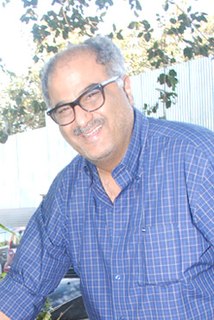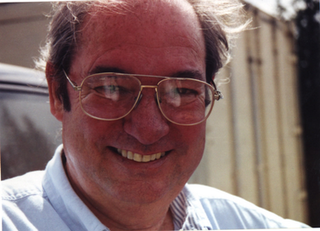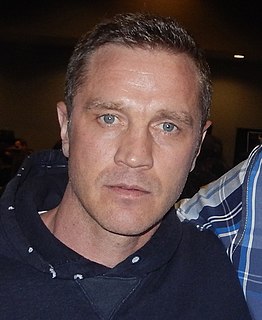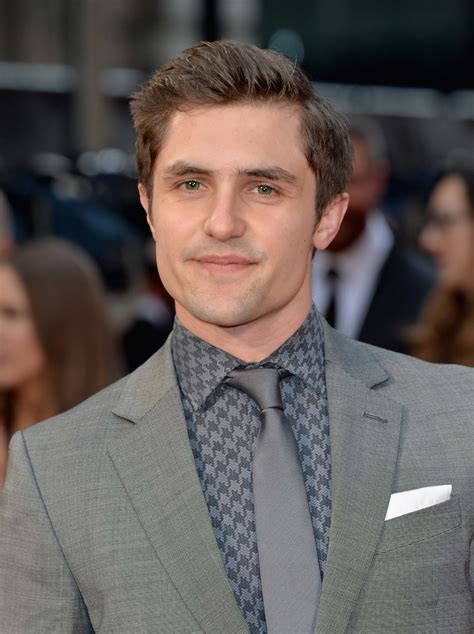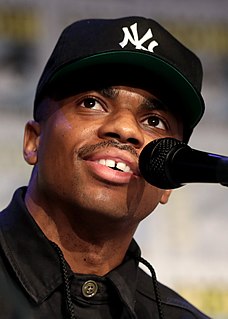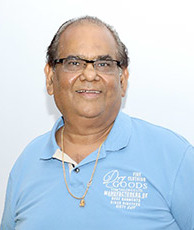A Quote by Boney Kapoor
When doing a remake, you're on safer territory. You know you cannot go absolutely wrong. But how right it goes depends on various factors like casting and the way you adapt the film.
Related Quotes
The casting of any film is around 60% of the film, but it's also about the right casting insight. It's a bit like a house of cards, everyone has to match up in a certain way so the whole structure is grounded. So that's essential, and yes, it's about finding the right people and the right constellation around the lead character.
Sometimes it's easier to make decisions when you know that you've tried things that are so wrong, you know, "OK, I don't go that way with it. I don't go this way with it." The way I work, I kind of have to go down all those wrong paths to know that the one I'm doing really is the one that is going to work.
A seed depends on a whole host of factors to grow - from the fertility of the soil to the right mix of rain and sun to not being eaten by a passing bird. The same goes for an idea. For an idea to really take hold, other factors come into play, from timing to the emerging technology that makes it possible.
If it was as logical as that, I wouldn't continue to feel as bad as I do. I know what you're saying, and you're absolutely right in a way. But logic and rationality only go so far. Then you know what happens? Ha! Then your heart adds its two cents and everything reasonable goes right-out-the-window.
You carry that through and adapt it to a camera lens, but you're quite right, you cannot be sure of what an audience is going to do. You don't know what's going to happen to the piece you're doing anyway. You don't know how it's going to be edited. There are a lot more unknowns in cinema. But that you have to readily accept. That's when, I think, you have to forget about intellect, to a degree. Intuition is very important when you're working with a lens, I believe, for what the lens is doing, too.
Solve it. Solve it quickly, solve it right or wrong. If you solve it wrong, it will come back and slap you in the face, and then you can solve it right. Lying dead in the water and doing nothing is a comfortable alternative because it is without risk, but it is an absolutely fatal way to manage a business.
School doesn't teach you much. School teaches you how to follow directions, that's what school is for. And in life, not necessarily following directions helps you get certain places - because you go to the right school you can learn the right things, and you go to the wrong school you can learn the wrong things, so it just all depends. But school doesn't really teach you how to interact with people properly, you learn that outside of school.
I think that the whole idea of ‘no regrets’ was always a silly idea to me, because of course I regret all the places I went wrong, but that’s what creating anything, and being human, is all about. Of course if I could go back and knew what I know now, I absolutely would do it differently, I’d do it the right way, but part of being human is that we can’t go back, we can only hope that if we come across that moment again, we’ll do it the right way.
What interest, zest, or excitement can there be in achieving the right way, unless we are enabled to feel that the wrong way is also a possible and a natural way, nay, more, a menacing and an imminent way? And what sense can there be in condemning ourselves for taking the wrong way, unless we need have done nothing of the sort, unless the right way was open to us as well? I cannot understand the willingness to act, no matter how we feel, without the belief that acts are really good and bad.
